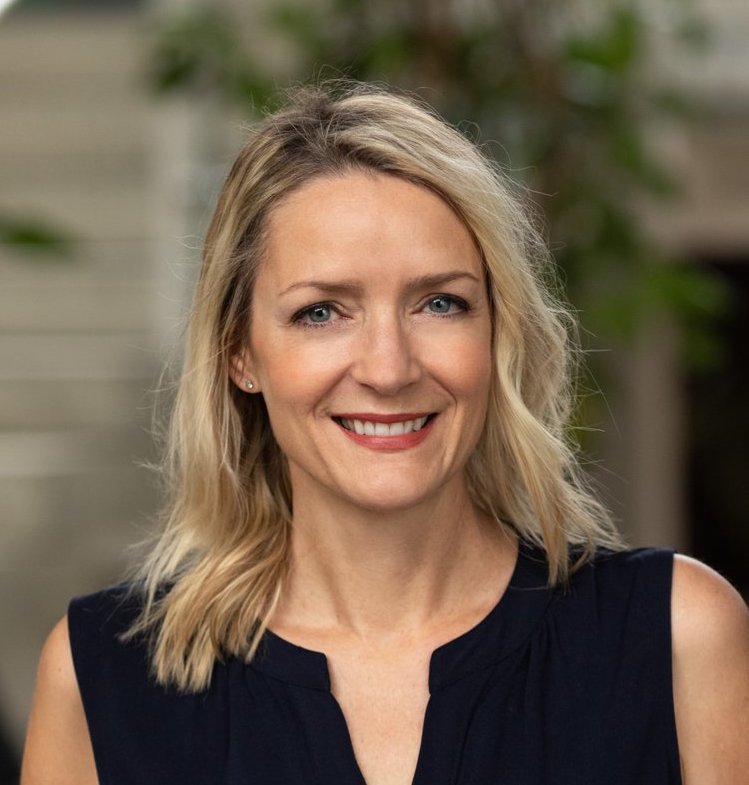Not Just Fun and Games: A Corporate Funder Backs “Learning Through Play”
/Children playing a Hanoi classroom. Vietnam is among the countries where lego grants are heading. Jimmy Tran/shutterstock
The LEGO Foundation believes that the power of play helps children become creative, engaged, lifelong learners during their formative years. That means putting quality early education on the global agenda, making playful learning an option for millions of children and advancing ideas on the value of play in building children’s futures.
Recently, it took a seat in the classroom by committing $24 million to five partnerships designed to scale primary school teacher engagement in learning through play initiatives across five countries.
Building the Future
The foundation shares the LEGO Group’s mission of “inspiring and developing the builders of tomorrow,” and the insights it’s gained watching children learn while playing with its brightly colored interlocking bricks. Family-owned for four generations, leadership has now passed from the hands of carpenter Ole Kirk Kristiansen to his grandson, Kjeld.
Established in 1986, the foundation now owns 25 percent of the LEGO Group, and the family remains actively involved in its work. Kjeld’s son, Thomas Kirk Kristiansen, has chaired the board since 2016. As for size, the LEGO Foundation’s most recent annual report showed 2018 grant distributions of 391 million Danish krone (DKK), roughly $58 million U.S. dollars.
Learning through Play
Learning Through Play programs center upon the science of learning and five evidence-based characteristics of how children learn best: by experiencing joy, finding meaning in activities, actively engaging their minds, testing hypotheses through iterative thinking, and—of course—through social interaction.
The foundation feels that play nurtures holistic development, namely the cognitive, social, emotional, creative and physical skills that will allow future generations to become “powerful agents” of their own lives, and make positive contributions to their communities.
As previously covered in Inside Philanthropy, the foundation is not alone in tying early intervention and play to improved education outcomes, particularly in crisis situations. The IKEA Foundation also believes that “playing is learning and learning is playing,” within a broader strategy of supporting refugees and combating child labor. And the John D. and Catherine T. MacArthur Foundation partnered with the Sesame Workshop to fund evidence-based, early childhood education for refugees from the Syrian crisis, in partnership with the IRC. Last fall, half a billion dollars was raised for Education Cannot Wait, to help stabilize educational opportunities for children living in vulnerable world settings, including a $12.5 million gift from LEGO Foundation.
Focusing on Teachers
Sarah Bouchie, head of Global Programmes, says the LEGO Foundation has always worked with teachers, and has long considered them a key stakeholder group in its efforts to reimagine education. The recent focus on pedagogies came after the foundation embraced key findings of an Education Commission report released at the UNGA last fall, which said that teachers are central to the learning process and the “single most important influence of learning outcomes at the school level.”
Before developing its partnerships, the foundation conducted a call for proposals that drew responses from 17 actors. All potential partners were familiar with the LEGO Foundation’s methodology and ready for implementation. And all five initiatives are working with in-country teacher professional development systems run by the local ministries of education—virtually eliminating any barriers to curriculum integration.
Five Partnerships
The foundation then committed a total of $24 million to support five Learning Through Play pedagogy partnerships in five countries, each of which will receive $4 million over four years. Two organizations are current partners: BRAC, which will work in Bangladesh, and UNICEF, which will be rolling out the program in Rwanda. Though not a current partner, the foundation’s engaged with Right to Play in Ghana in the past, and did some limited work with Aga Khan Foundation, the organization developing the program in Kenya. The partnership with VVOB – Education for Development is new, and will manage initiatives in Vietnam. All told, the collective partnerships are expected to reach nearly 5 million primary school children, 190 million educators, and 3 million parents and school stakeholders.
Bouchie says that the foundation’s support will differ from partner to partner, funding a variety of activities across contexts. Vietnam, for example, was in the process of educational reform, so will be working on national system methodologies to advance peer-to-peer learning and in-service training. BRAC already had buy-in, so will be addressing what the “front end looks like” in Bangladesh. All partners were seen as having strong shared values and the capacity to run programs effectively.
Measuring Success
Similarities and differences will be measured and shared along with central themes that arise as programs progress. Alongside the country-based work, LF made a $4 million grant to RTI International to fund an outcomes evaluation across the geographies. Bouchie characterized the work supporting scaling as “quasi-experimental,” says the foundation was excited to bring RTI on board to emphasize rapid testing and iteration cycles. The resulting research will allow them to share findings on systems and effectiveness virtually and in person, and to create mechanisms to address things like cultural barriers when they appear across the equation. Outcomes will inform the next generation of grants.
Related:



















